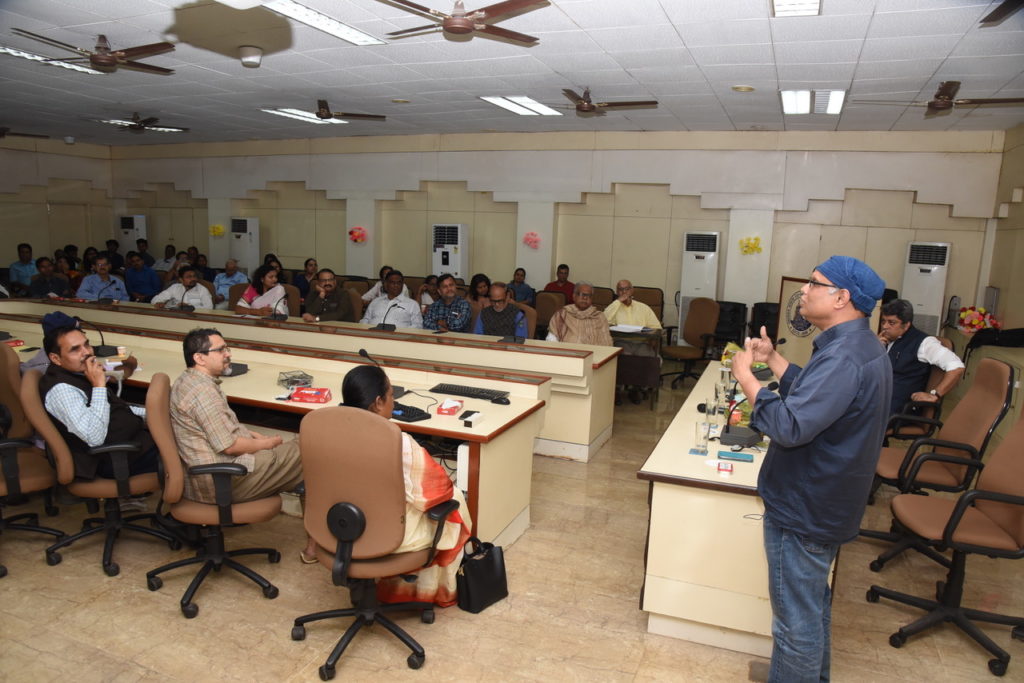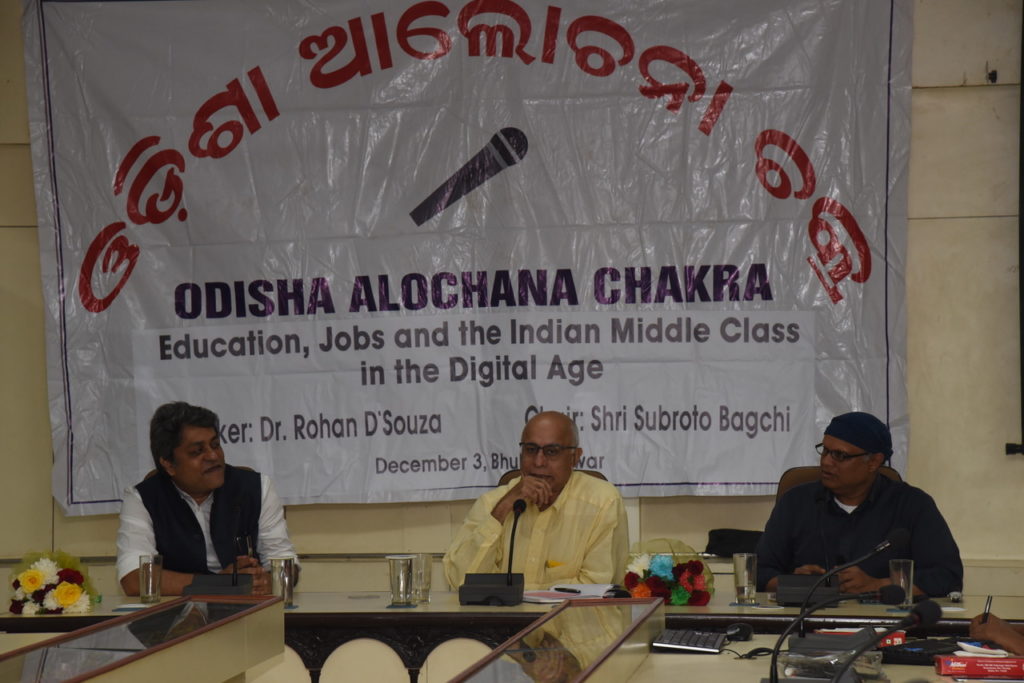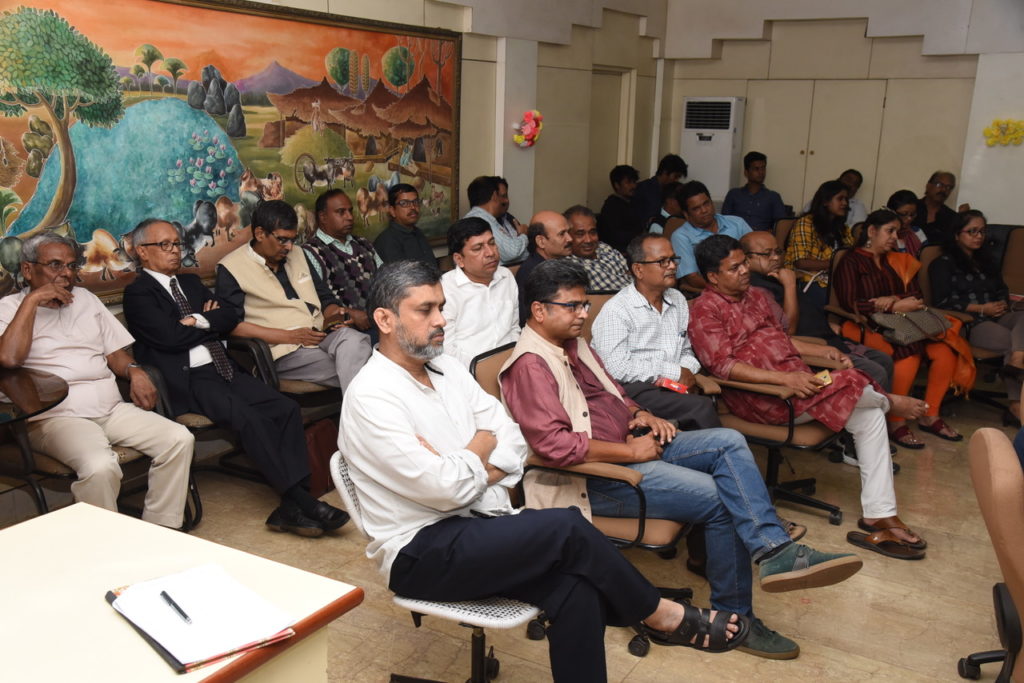Odisha Dialogues offers a multi-stakeholder, multi-disciplinary, non-partisan research and policy platform for socio-economic development of Odisha.
It seeks to bring together thought leaders, experts, change agents and institutions (public and private), with the stated objective of pursuing meaningful development goals and realising growth outcomes that deepen the process of democratisation.




